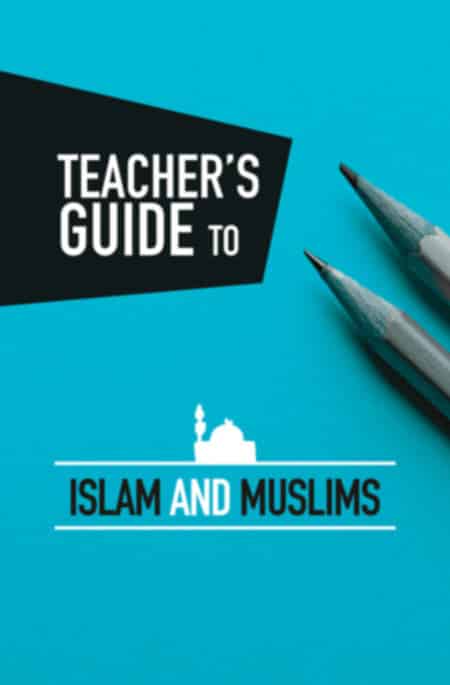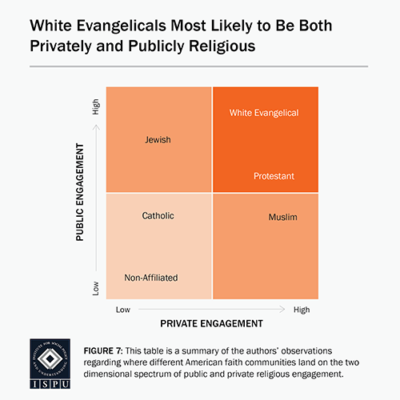What makes one a Muslim is the acceptance of Islam’s core beliefs found here. This article will not focus on the main beliefs of Islam, but rather the core practices of the faith. Islam is built on five pillars. These pillars do not make up the entire religion, but they are the pillars that hold up the rest of the religion.
Testimony of faith (shahada):
The testimony of faith in Islam is the that one testifies that there is no God except Allah and that Muhammad is the messenger of Allah. The testimony is what one says to become a Muslim Ash-hadu Ana Lā ilāha illā Allah wa ash-hadu Ana Muhammad Rasul Allah.
Prayer (salah):
Muslims must pray 5 times a day. This prayer is not to be confused with supplication or calling on God which can be done at anytime. These ritual prayers consist of standing, reciting some Qurʾān, bowing, prostrating, and glorifying God. The prayers are done before sunrise, in the afternoon, late afternoon, sunset, and night. There are windows of time in which these prayers are performed and they do not need to be done at an exact time. For example, the afternoon prayer might begin at 1 pm and end at 5 pm. This gives you a 4-hour window to perform the afternoon prayer. Each prayer takes about 5-10 minutes to perform and can be done anywhere such as your home, office, or a park. The prayer is meant to keep one connected to God. It gives one a break from the business of the day and reconnects them to God.

